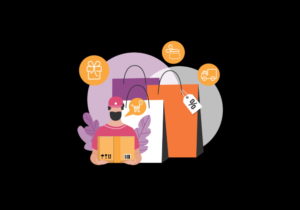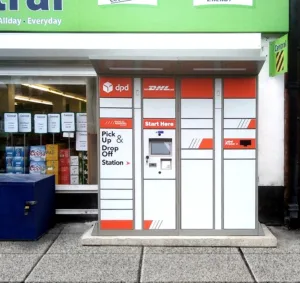ZigZag Global, the global returns platform has released data surrounding the busiest time of the year for consumers and retailers, Black Friday. ZigZag’s proprietary data reveals shoppers have been eager to spread the cost of Christmas this year and seek promotions during a cost-of-living crisis as demonstrated by a 60% increase in global returns, and an 8% increase in UK returns specifically, year-on-year over the Black Friday weekend.*
Despite a reinvention of Black Friday, with some retailers engaging in month-long promotions, consumers have set their sights firmly on bagging only the best bargains this year with the value of goods returned rising by 44% compared to last year globally.
Al Gerrie CEO and co-founder commented: “Black Friday has been reinvented yet again this year and 2022 shows that we’re more determined than ever to bag a bargain. One thing is for certain: by spreading the Black Friday deals across the month of November, retailers are doubling down on every effort to combat consumer concerns around the cost-of-living crisis and the potential impact this might have on anticipated Christmas spending budgets.
However, if the trends in returns tell us anything, we can see that the shoppers are becoming more discerning with the purchases they choose to hold onto, and those they choose to send back. There has been a significant jump in global returns compared to last year’s Black Friday weekend which is up 60% for global returns and 8% in the UK. The increase in returns is down to shoppers buying multiple items and then thinking a lot harder about returning items they don’t want. There is also an interesting trend in the value of the returned items being higher than last year – again pointing towards a more frugal shopper this year.”
The data also shows a significant increase in the number of paid returns – up 159% this year in the UK – meanwhile, the number of free returns dropped. This reflects recent decisions made by some retailers to begin charging customers for returning items online.
Al Gerrie continued: “The increase in paid returns is a healthy sign for retailers looking to recoup profit on the returns journey, because as the retail industry knows all too well: there is no such thing as a ‘free return’.”
A Very Green Black Friday
Alongside this, UK customers are actively adopting more sustainable practices regarding their returns, with 79% opting for a paperless return when it is offered and an increased likelihood – almost 5 times more (488%) – of returning via a locker this year. Overall, paperless returns were requested 64% more globally this year compared to 2021.
Al Gerrie added: “With such a drastic change compared to last year and COP27 being fresh on our minds, we hope to see consumers continuing to adopt these sustainable practices all year-round.”
Padded coats and leggings made up the most returned items over the weekend as shoppers looked to keep warm on a budget. However, one consumer was unhappy with their bargain as the cheapest item returned was a ten pence decorative eucalyptus tree.The number of items returned per order also increased this Black Friday. In July 2021, ZigZag found that a third of online shoppers (33%) engaged in “bracketing”, the purchase of multiple colours and sizes with the intention of returning at least one item.** It is evident this practice has continued this weekend with the number of items returned per order also increasing this Black Friday compared to 2021









